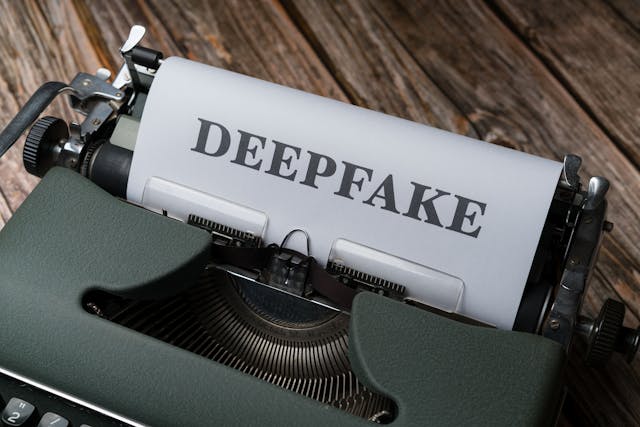
At the upcoming DEF CON hacker conference in Las Vegas, attendees will be treated to a unique opportunity. Brandon Kovacs, a senior specialist at Bishop Fox, will demonstrate how easily deepfake videos can be created in real time.
The idea for the experiment came to Kovacs after a high-profile $25 million fraud case. In February of this year, a financier from Hong Kong was deceived into believing he was on a video call with his company’s CFO in London. In reality, it was a deepfake created by scammers.
“At the time, I was like, ‘Wow, that sucks.’ But also, ‘How do they do it?’ I really admired it from a technical perspective,” Kovacs shared in an interview with The Register.
For his experiment, Kovacs enlisted his colleague Alethe Denis, whose image is well-known online due to numerous interviews and conference appearances. Using publicly available videos and audio recordings of Denis, Kovacs created her digital double.
To generate a realistic deepfake, he used a professional DSLR camera, lens, studio lighting, and video processing software.
The result was so convincing that even Denis’s children did not suspect anything during a Microsoft Teams video call. “We dubbed the “Deepfake Turing Test”,” Kovacs said.
At DEF CON, Kovacs will bring a compact “studio in a box”—a set of equipment with wigs, lighting, and a green screen. Attendees will be able to participate in creating deepfakes firsthand.
However, behind the entertaining facade lies a serious objective. The created deepfakes will serve as material for testing a new tool being developed by DARPA as part of the Semantic Forensics program. This tool is designed to detect fake videos.
Wil Corvey, the DARPA program lead, stated that their platform, which will be showcased at DEF CON, allows for the analysis of videos, audio, images, and text for manipulations, identifying their origins.
Kovacs noted that fraudsters can use publicly available tools to create deepfakes. For instance, DeepFaceLab for training models and creating fake videos, as well as the open-source Retrieval-based Voice Conversion (RVC) project for voice assistants.
Related Posts:
- Taylor Swift Deepfake Scam: Fake Freebies Alert for Fans
- 73% Danger: The Chilling Reality of Speech Deepfake Detection